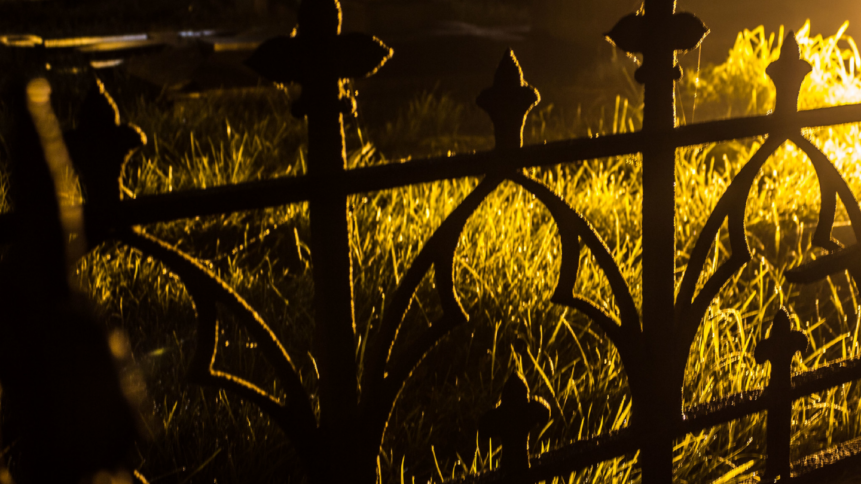Omegle falls victim to Web 2.023

- Omegle closes, founder cites his own health as among reasons.
- Site still subject of law suit.
- Moderation on all social sites not huge priority.
For some 73 million people a month, the closure of the anonymous video chat platform Omegle will come as a disappointment. For many others, however, among them abuse victims and law enforcement officers, its demise will be welcomed. For many technology observers, especially those of a particular age, its shuttering will be regarded perhaps wistfully as a representation of another nail in the coffin of a simpler, more innocent age of the internet.
The site’s founder, owner, and probably only employee, Leif Brooks, has decided to retire the site for reasons of his own physical and mental health, plus its financial situation. Despite an increasing number of laws enacted worldwide designed to protect internet users from potential abuse, Omegle had little or no moderation of its content.
A BBC article covering the closure claims that “When he [Brooks] was asleep or offline, no complaints were acted upon,” for example.
The idea behind the germinal Omegle was that users would be randomly paired with a stranger for a video chat. The internet and Omegle were, in the mind of the site’s creator, part of a safer world compared to the threats one might encounter meeting new people in real life. “If I said ‘no’ to someone online, they couldn’t physically reach through the screen and hold a weapon to my head,” Brooks noted in his closure notice still hosted on the site’s homepage.
Over the years, the site grew largely by word of mouth (or its digital equivalents) and, in turn, became an occasional conduit for pedophiles and similar deviants. At the time of writing, the site is the subject of a legal case brought by an American citizen who claims she was groomed by a Canadian pedophile whom the site paired her with when she was a minor. Brooks himself admitted that “some people misused it, including to commit unspeakably heinous crimes,” yet reiterated that “meeting new people [was] a basic human need,” and that meeting that need was Omegle’s sole purpose.
Brooks says the site and what it represented was emblematic of “the Internet I fell in love with,” and that that ideal “may cease to exist, and in its place we will have something closer to a souped-up version of TV – focused largely on passive consumption.”
Omegle closes – the internet moves on
Although developed by the US military, what we now term the internet was popularized, arguably, by the invention of the world wide web, which was especially used and promoted by academic institutions enthused by the technology’s ability to disseminate information. Sharing knowledge was more efficient in the digital realm, so meeting new people was similarly done more easily online.
However, as more aspects of existence can now take place digitally and the internet has risen in importance everyone’s lives, it has increasingly fallen under the auspices of government lawmakers whose remit is at least in part to protect their citizens. But unlike the streets of cities, national borders, and domestic economies, the oversight and control of daily activity don’t fall to law enforcement agencies in the first instance. Instead, those duties fall to the large organizations that run social media sites, places where complete strangers are brought into contact with one another, irrespective of any commonality of viewpoint.
Omegle 2009-2023 🪦 pic.twitter.com/kYUWWqfJCd
— Saumil (@OnTheGrapevine) November 9, 2023
Omegle’s failure was one of enabling an innocent ideal but not having the funds to protect its users from the platform’s misuse. The irony is that larger platforms that are significantly better funded are inclined to scale back on the (expensive) oversight and mediation they are legally forced to undertake. The whistleblowing of a former Meta employee testifying to the US Congress is another example of, at best, a lack of enthusiasm from the large social platforms to mediate or otherwise limit a site’s use. Twitter, too, is suffering from the results of its actions in attempting to find a balance between the maximum number of users and the minimum amount of hate speech and generally abusive online behavior.
As Omegle closes, it’s worth noting that its lack of funds was a continuation of those early internet ideals, where such funds weren’t necessary, because the perceived level of threat was minimal.
Meeting strangers, for meeting’s sake, was not intended to be monetized, and without any stream of income derived from its users or the extraction of their behavioral data, the site could not oversee activity on the site to keep within the law. Like every other area of human activity online, to exist, it had to create income to survive. Merely enabling what Omegle’s founder considered a human need, for the betterment of all, was never going to cut it.
After all, even doing something simple on the internet in 2023 means some form of monetization or data harvesting. To take a single example, locating resources online in 2023 is nearly impossible without the involvement of the world’s largest advertising agency, i.e., Google, a company that gets paid as a result of people browsing the web (the Chrome browser), looking for things (Google Search), asking for directions (Google Maps) or any one of a hundred more activities.
The demise of Omegle can be attributed to the changes that time has wrought on the context in which it existed: the internet. The original ideals of human and informational interchange still exist, but they are deliberately more difficult to find. ChatGPT-powered Bing searches don’t show the contents of the Gemini network, for example, and perhaps that’s a good thing for idealists like Leif Brooks and people who (still) think like him. As Omegle closes, the question is whether people like him are being written out of the history of the internet altogether.

“Foggy graveyard” by hugovk is licensed under CC BY-NC-SA 2.0.










